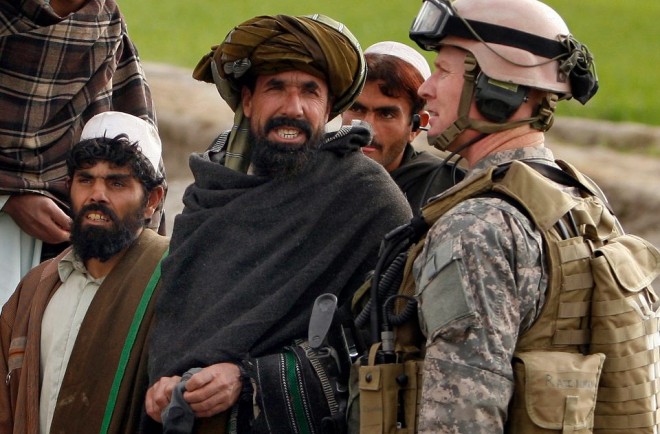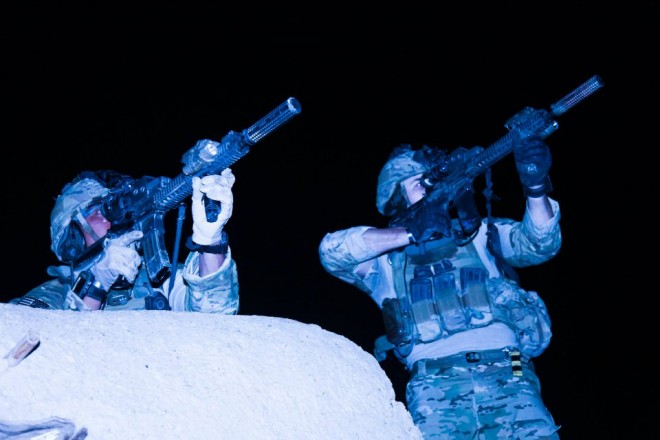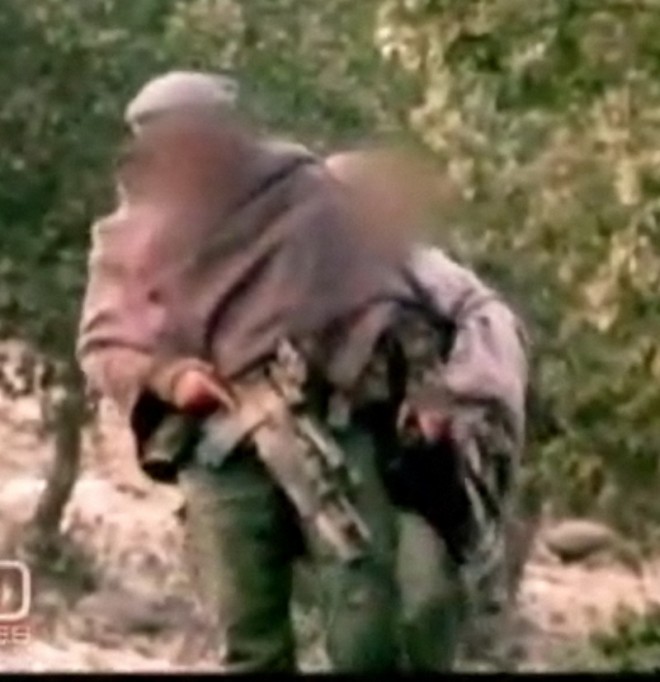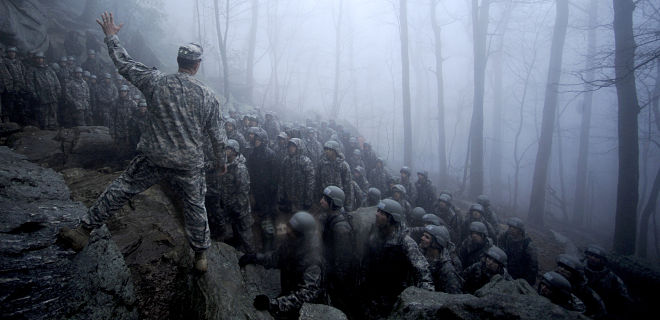Even Dalton Fury, the Delta Force Commander at Tora Bora who led the hunt for Osama Bin Laden early on in the war in Afghanistan, made the comment in his book “Kill Bin Laden” that joining forces with local militias and assaulting the mountain redoubts that Al-Qaeda was holed up in wasn’t exactly part of Delta’s mission profile. Delta is a counter-terrorist unit that specializes in surgical raids, generally thought of as hostage rescues. This was more of a Special Forces mission, but Delta was the unit on that ground in that place, at that time, and so the job fell on their shoulders.
Now that you understand a little bit about how SOF has had to evolved in response to the post-9/11 battlefield, I hope that readers will indulge me for a moment as I’m going to speculate on where the community is going over the long term.
Special Forces

There are some big changes coming to the JFK Special Warfare and School at Ft. Bragg, North Carolina, where the Special Forces Qualification Course is run. The Special Forces pipeline is already focusing more on teaching future Green Berets foreign language capabilities, but will soon be holding Soldiers to a much higher standard. Part of the Q-Course will involve students attending accredited college-level courses so that each student graduates with an Associates Degree. There will also be the potential to walk away with a Bachelors Degree if the student doubles up on classes.
The way this works is that the college involved with the Q-Course will count parts of Special Forces training, such as language school, as college credits, then when combined with actual college classes it will add up to a two-year degree. Given the duration and intensity of the training that each Soldier receives, I think it is a great idea and well worth the investment.
Special Forces Soldiers are expected to be regional experts who understand the cultures they operate in and are able to build rapport with the indigenous population, often in the native language. Having future Green Berets take classes to educate them on the parts of the world they will be working in will do wonders to help further professionalize the force. I don’t think the intent is to make every single soldier as geo-political scientist, but the additional education in history, political science, anthropology, and psychology will certainly benefit Special Forces soldiers operating in austere parts of the world.
I’ve been told that it is possible that Senior NCOs in Special Forces may one day have to attain a Masters Degree in order to continue their career progression.
I don’t see the role of Special Forces changing tremendously, frankly the idea was well ahead of its time back in the 1960s. Green Berets will continue to focus on Foreign Internal Defense and Unconventional Warfare, but will do so at a deeper level of sophistication with additional training and language capabilities.
75th Ranger Regiment

The Ranger Regiment has also gone to great lengths to further professionalize their unit and vocation. Like Special Forces, they have also expanded in size, but have also set the requirements for entry much higher than when I went through the Ranger Indoctrination Program in 2003.
RIP has now morphed into the Ranger Assessment and Selection Program (RASP), which is not just a selection course, but also an initial training course to teach young Rangers the basic skills they need when they get to their battalion. My understanding is that this includes range work, room clearing techniques, and urban warfare training, generally referred to as MOUT or Military Operations in Urban Terrain.
Some of those who preform well in RASP are also being sent straight to Ranger School, from what I hear. Previously, a soldier graduated RIP, donned his tan beret, and served in his Ranger platoon for a year or two before going to Ranger School. Once he graduated Ranger School he was eligible for a leadership position and would typically become a Team Leader. Now we are seeing more of a Ranger “pipeline” as you would find in Special Forces that looks something like this: Basic Training+AIT>Airborne School>RASP>Ranger School>Assigned to a Ranger Battalion.
This is a concept that got batted around the Ranger Regiment for a long time, but many of us (well, okay, maybe just me) never thought it would happen. That concept is to have every Ranger be a tabbed (Ranger School graduate) Corporal or above. It seems that this progression is in the works.
Like other SOF units, this is a further professionalization of the force. Since the War on Terror began, the capabilities of Delta Force have been highly sought after, but Delta is simply too small to be the only player hunting down High Value Targets in Afghanistan and Iraq.
The Ranger Regiment has evolved in leaps and bounds since the war began, filling roles that would once be left under the purview of their big brothers in Delta.
In the long term, I see all Rangers one day being tabbed Sergeants who undergo their own version of Delta’s Operator Training Course (OTC) before arriving at their battalion. I also speculate that the Ranger Regiment will one day move completely into realms that are now considered to belong to Tier One units. I’ve been told that Counter-Terrorism is already being written into the Regiment’s Mission Essential Task List (METL).
Delta Force

So I’ve speculated that Rangers will eventually take over Delta Force’s job, so what are these guys going to do for a living? If Rangers take over the business of conducting surgical raids and other mission profiles that have belonged to Delta Force, this will free up these JSOC operators to move completely to an arena of even more sophisticated operations.
The days of citizen soldiers is over. Today, SOF is moving in a direction that looks more like The Knights of the Round Table. That is, highly trained, well educated operators who push the limits of what the Army brass may think is possible. I think that in the coming decades Delta will move completely into the black. While in the past they were a high-end strike force, I think Delta’s main concern in the future will become covert and clandestine operations.
To what extent this has already happened is anyone’s guess…










COMMENTS